Is IVF Safe for Mother…
When the heart longs for a child and science offers…



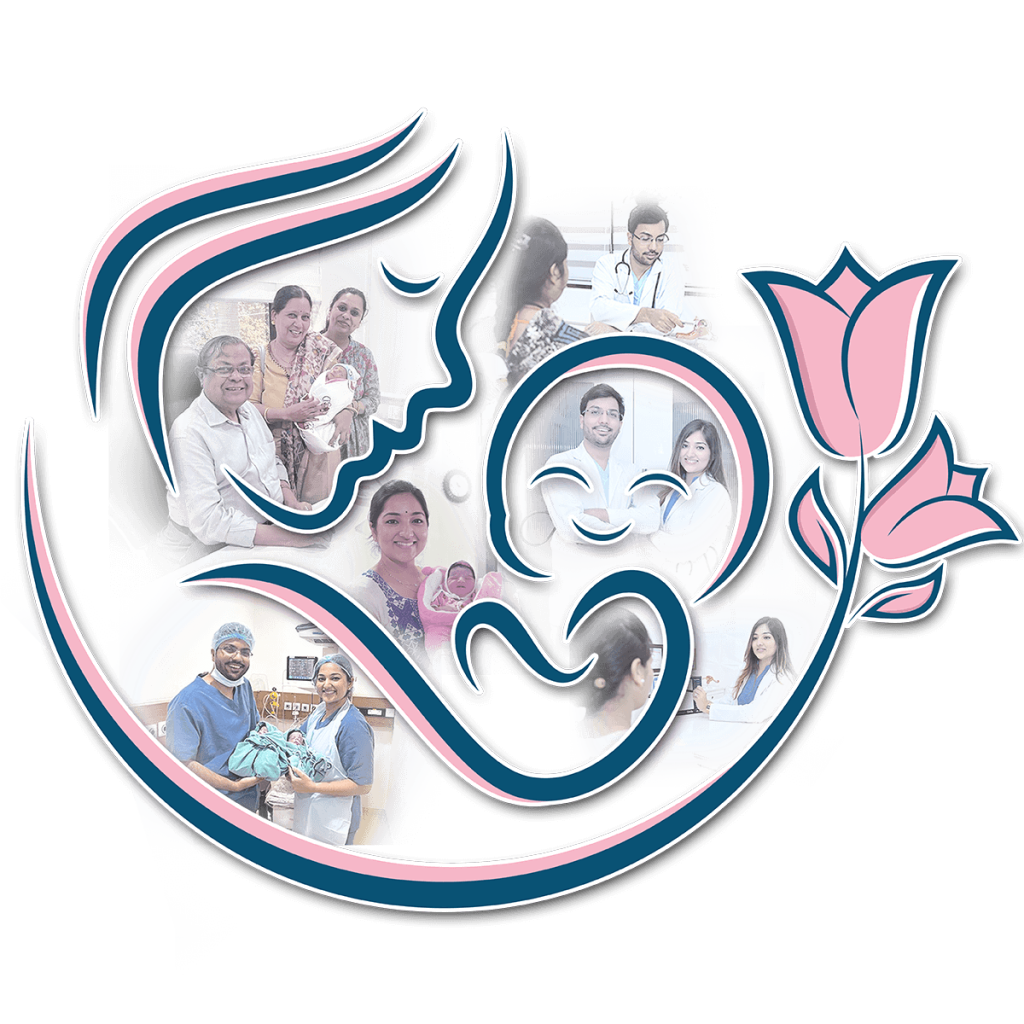

Pregnancy achieved without fertility drugs or procedures. Aiming for conception the natural way.
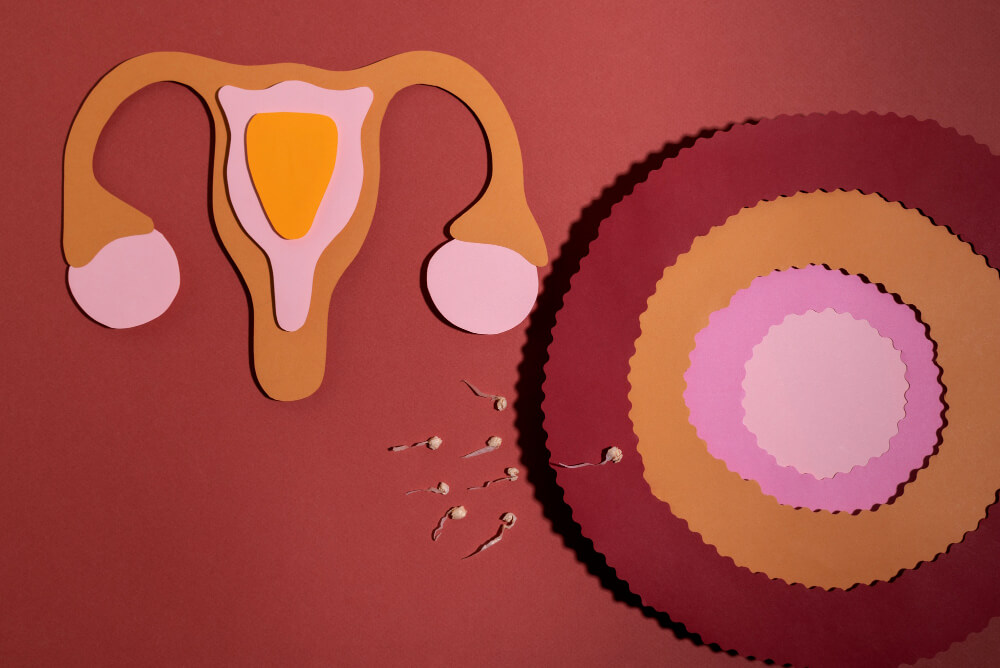
Ovulation induction & monitoring helps stimulate egg release and track timing for optimal pregnancy chances.

Experts in women’s health, providing comprehensive care for the female reproductive system.
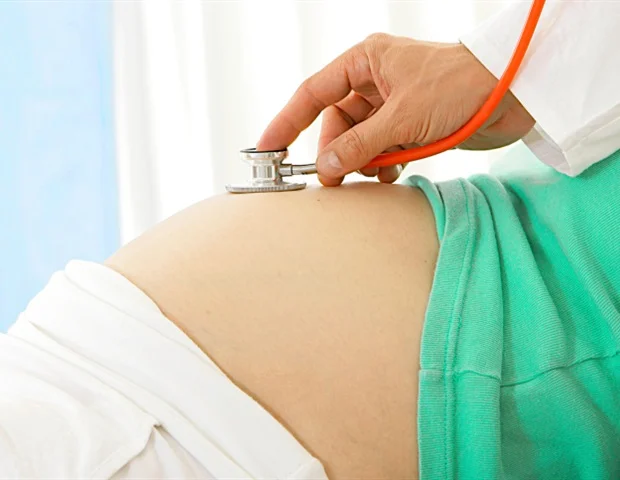
Obstetricians provide expert care throughout pregnancy, delivery, and postpartum, ensuring a safe and healthy journey for you and your baby.

Cosmetic gynecology has emerged as a revolutionary field, addressing not only aesthetic concerns but also functional issues related to female intimate health.
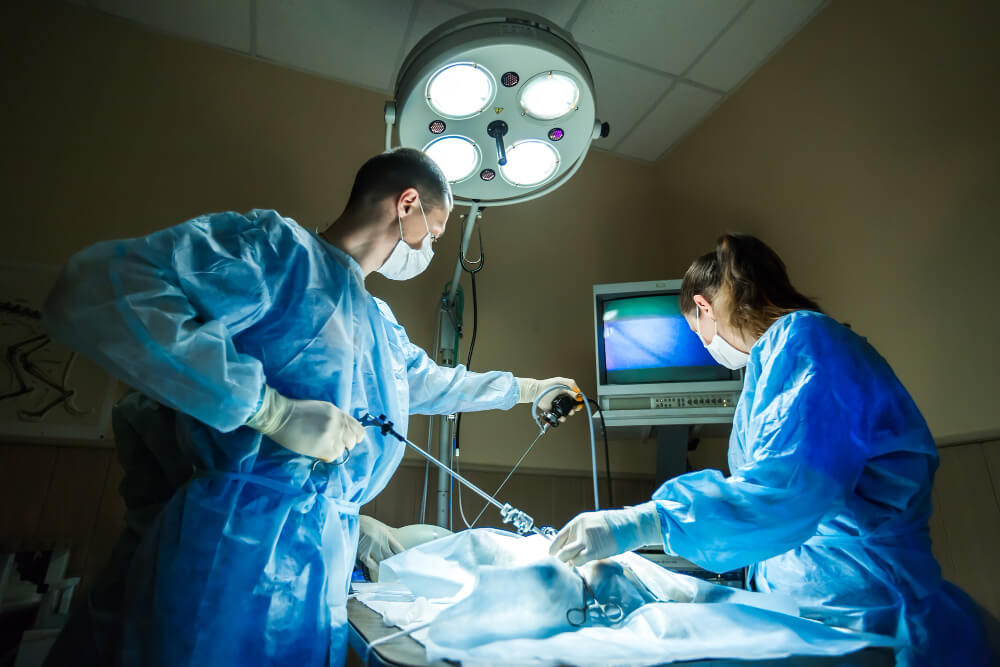
Laparoscopy surgery is a minimally invasive procedure used to diagnose and treat conditions within the abdomen and pelvis.
In vitro fertilization (IVF) is a procedure where eggs are fertilized by sperm outside the body and then implanted in the uterus.
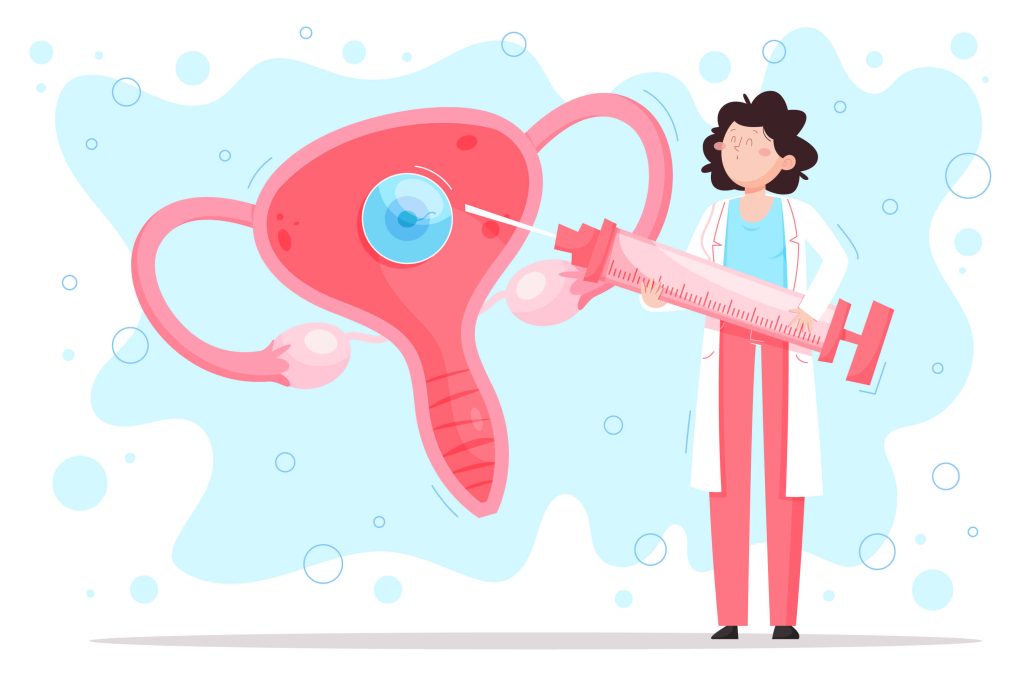
Intrauterine insemination (IUI) involves placing sperm directly into a woman’s uterus to facilitate fertilization.
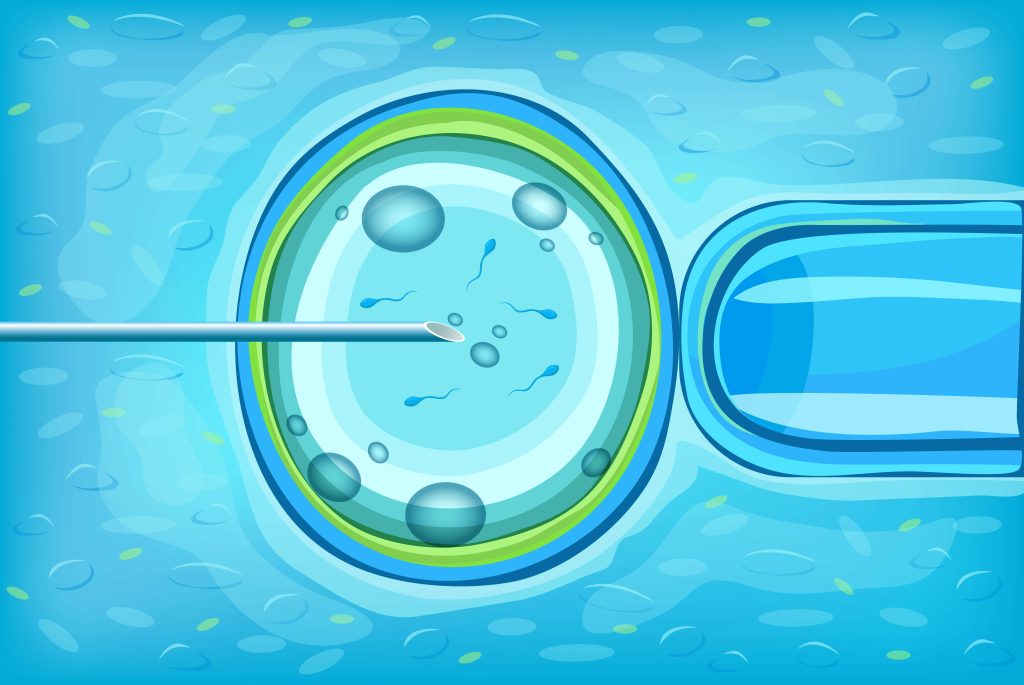
ICSI is a specialized IVF technique injecting a single sperm into an egg for fertilization in male infertility cases.
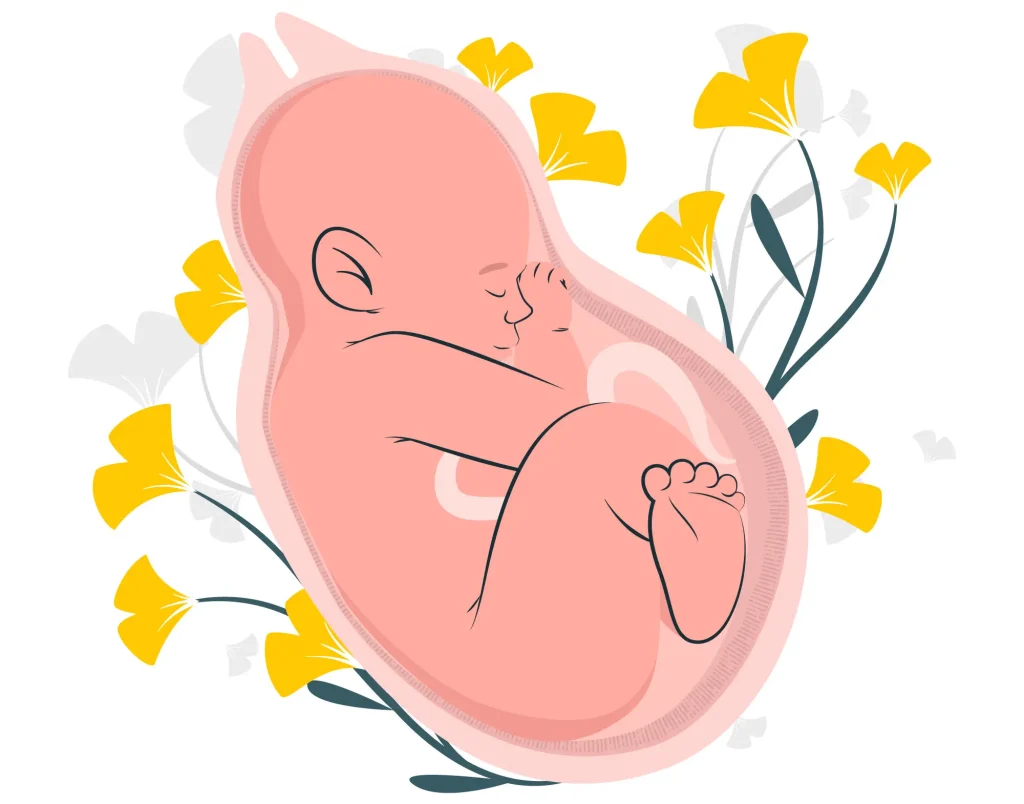
Egg donation is the process where a woman donates her eggs to another person or couple for assisted reproduction.
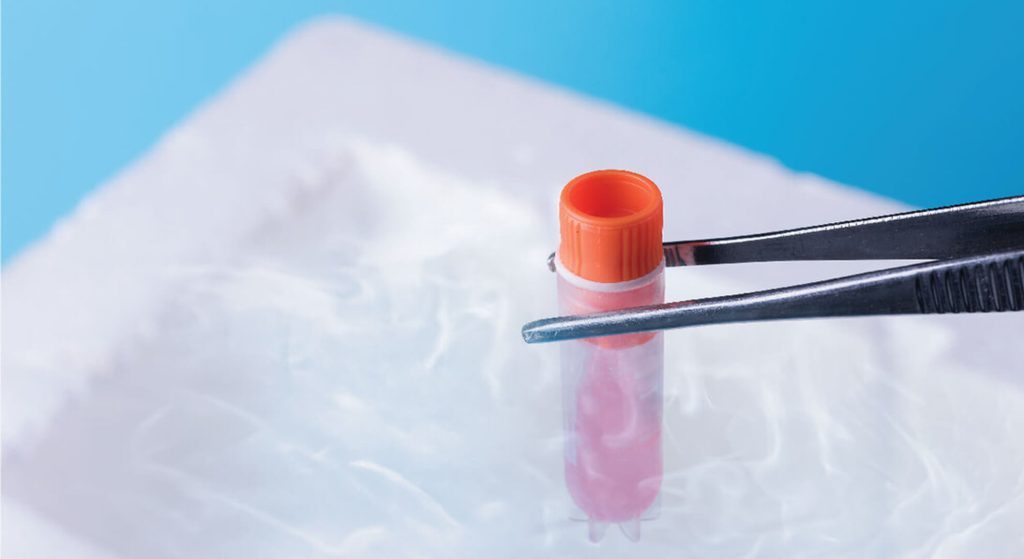
Preserving fertility options for the future with cutting-edge technology and personalized support.
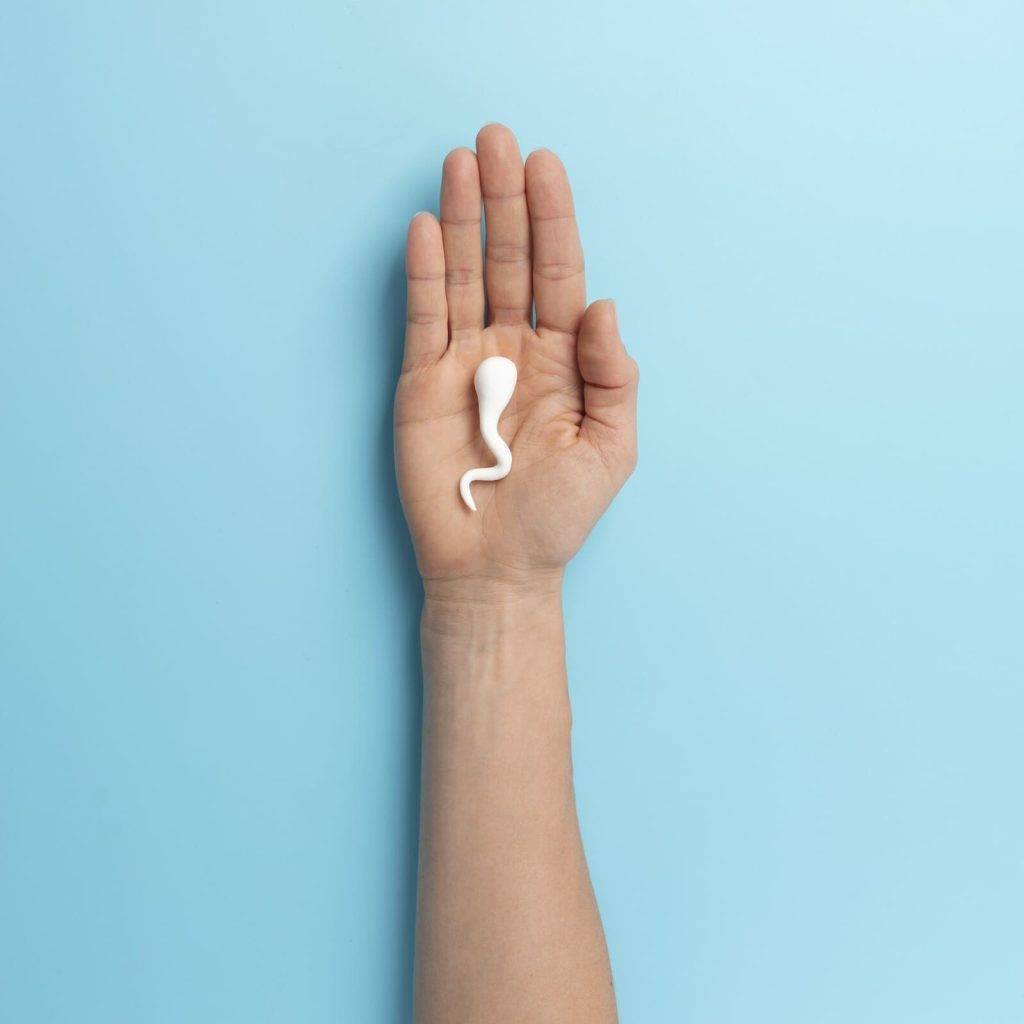
Male infertility happens when a condition makes it hard to get your partner pregnant. Treatment can help improve your chances of having a baby.
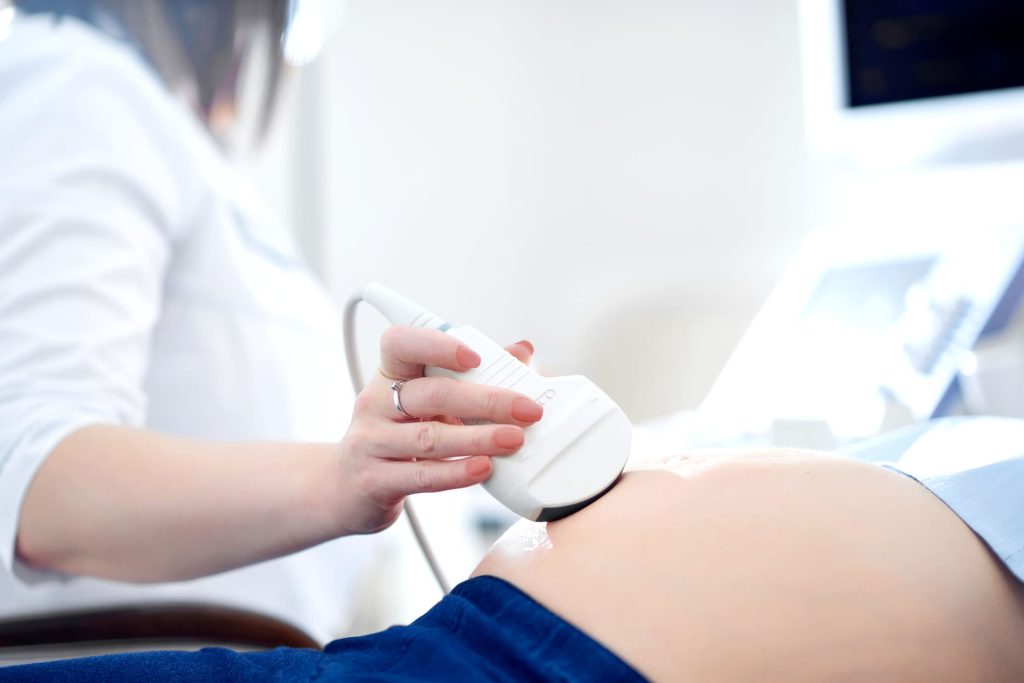
An ultrasound during pregnancy uses sound waves to create images of the baby in the womb. It helps monitor the baby’s growth and health.
Senior Gynecologist & Infertility specialist
MBBS, DGO, DFP, MD
Honored with Lifetime Achievement Award
Infertility Specialist and Gynac laparoscopic surgeon
MBBS, MS – Obstetrics & Gynaecology, D.N.B , F.MAS, D.MAS
Obstetrician & Gynecologist
We provide individualized care and attention for every couple during their journey to parenthood. We offer comprehensive testing to determine the causes of male and female infertility. Our area of expertise include IUI, IVF, ICSI, Egg Donation, Egg Freezing, Etc.
Infertility is something many women silently struggle with. When pregnancy…
IVF, or in vitro fertilization, is a medical procedure used to help individuals or couples conceive a child. It involves the fertilization of an egg by sperm outside the body, in a laboratory setting.
The IVF process includes five key steps:
1. Ovarian stimulation
2. Egg retrieval
3. Sperm collection/retrieval
4. Fertilization & embryo development
5. Embryo transfer
IUI or Intra Uterine Insemination is a process where the sperms are put inside the uterus after washing. The IUI is done when egg is going to be released or has just released from the ovary. Get IUI Treatment in Indore at Gada IVF & HD Women’s Care and enjoy the feeling of parenthood .
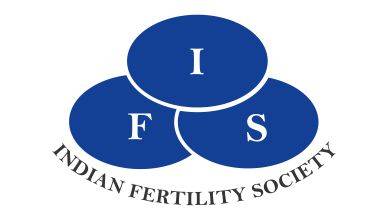
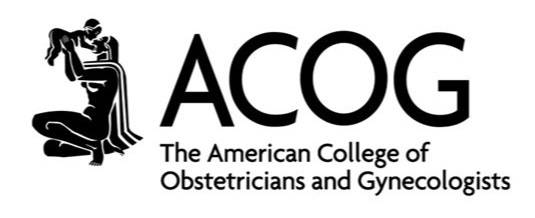
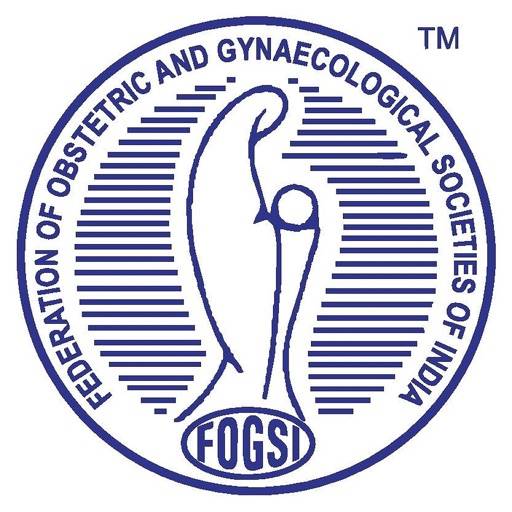
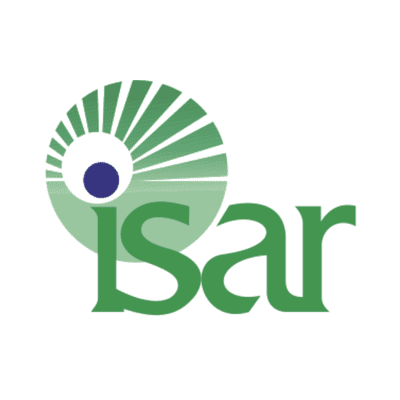

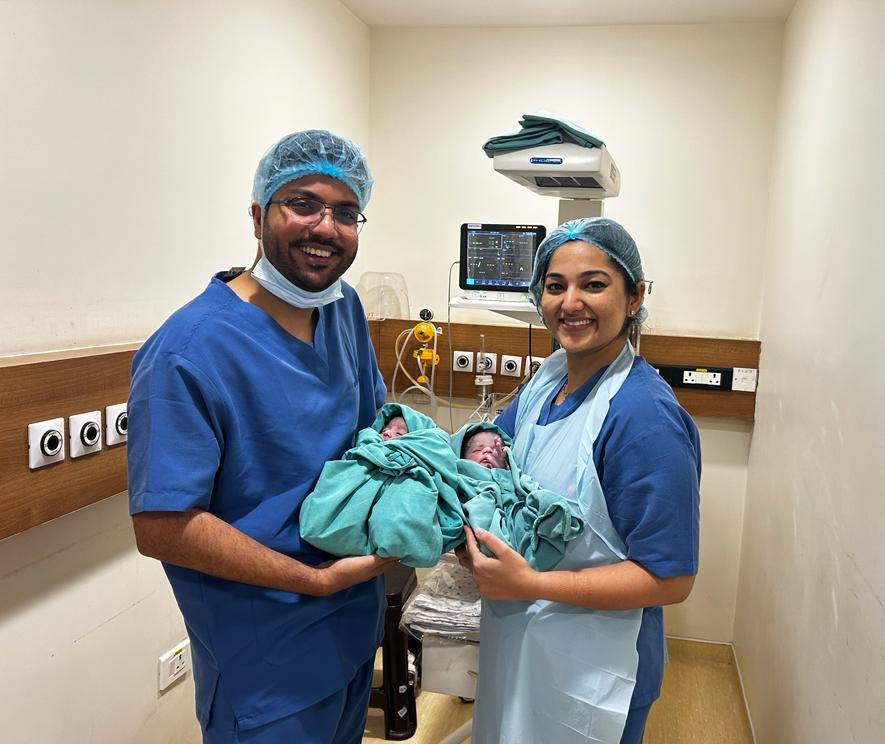

Designed by GADAIVF© 2024. All rights reserved by GADAIVF.